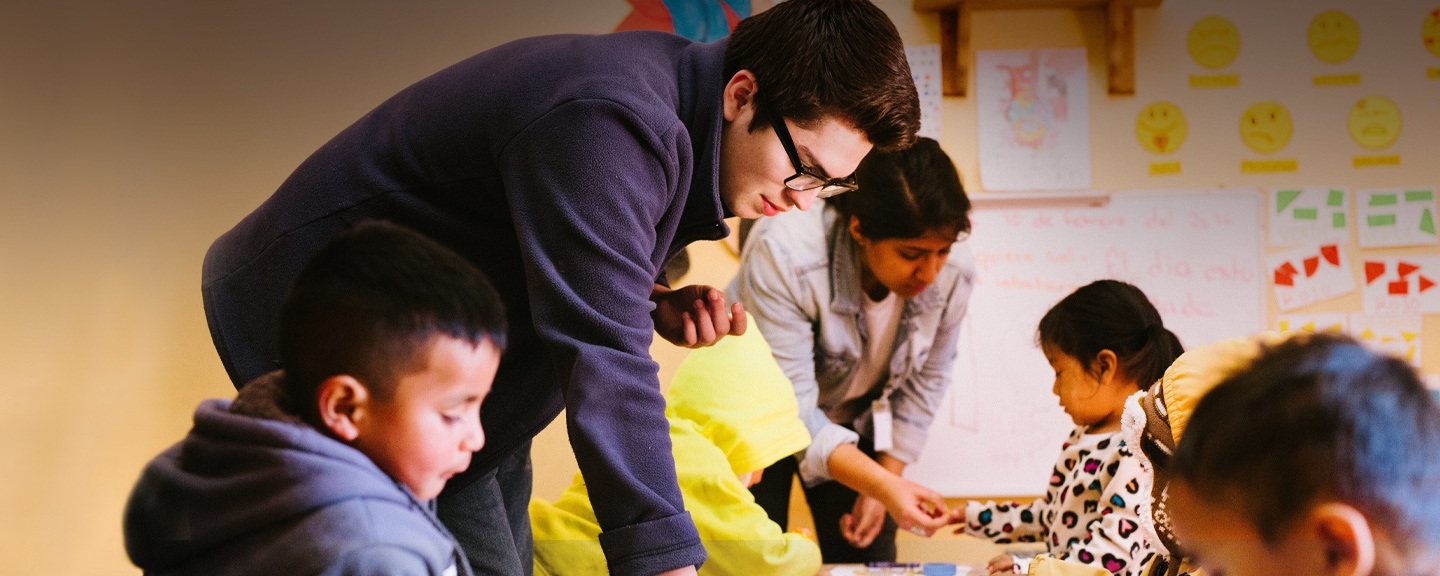The Knoll’s Roots Run Deep
For 20 years, the Knoll, Middlebury’s hillside garden, has provided students and faculty with a place to connect with the earth, and with one another, bringing their learning to life.

A Middlebury education means rigorous academics coupled with experiential learning opportunities beyond the classroom: internships, research projects, entrepreneurship, social impact initiatives, clinical placements, athletics, and cocurricular activities. These can build confidence and leadership qualities, bring insights into career paths and lifelong pursuits, and develop students’ capacity for problem solving, self-reflection, and accountability. Such hands-on learning enables students to transform interests into future opportunities.
For 20 years, the Knoll, Middlebury’s hillside garden, has provided students and faculty with a place to connect with the earth, and with one another, bringing their learning to life.
A $5 million gift from the Kelson Foundation will support Middlebury’s Innovation Hub, creating more opportunities to meet the evolving needs of today’s students.
Middlebury women’s lacrosse has thrilled fans season after season. Integral to that success—a full-time assistant coach, made possible by an endowed fund.